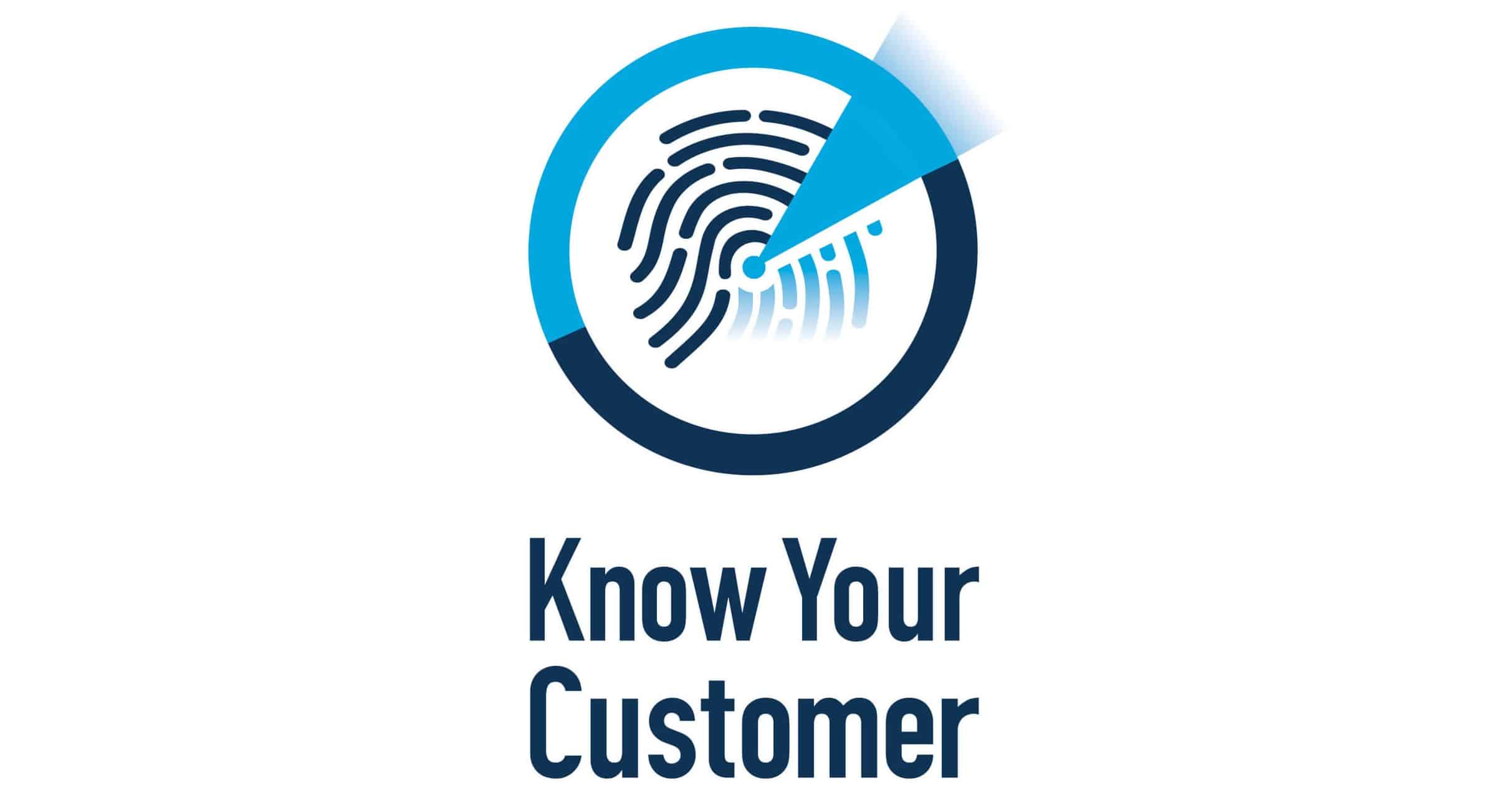KNOWING YOUR SUPPLIERS OF CATALYTIC CONVERTER 🧐
POSTED BY ALICE
As part of the fight against corruption, fraud, money laundering, and illegal activities (including, for example, terrorism), many countries have introduced legislation known as “Know Your Customer” (KYC). In America, for example, the Financial Crimes Enforcement Network proposed to Know Your Customer (KYC) requirements in 2014, and this became law in 2016. This outlines the steps that a business must carry out to verify the identity of customers either before or during the time that they are doing business with them.
KYC processes have been adopted by financial institutions across the globe, with banks, insurers, export creditors, and other financial institutions increasingly demanding that customers provide detailed “due diligence” information. And Know Your Customer processes are also employed by companies of all sizes for the purpose of ensuring their proposed customers, agents, consultants, or distributors are compliant.

KYC in the Catalytic Converter Recycling Industry
Any traditionally cash-based industry is prey to unethical and criminal dealings, and the rapid expansion of the scrap converter market over the past two decades makes it potentially an attractive market for illegal or unscrupulous activity. Many stories abound about converters altered and then sold as being more valuable than they actually are; of batches paid for going “missing”; of assay samples “rigged”. Bad as these examples are though, the prospect of converters being paid for with money that is being laundered opens the seller to being complicit with breaking the law, with the attendant penalties!
We believe, therefore it is important to do as much as possible to eliminate any risk before possibly becoming part of an investigation. Adopting KYC procedures will help analyze potentially risky customers, whilst also complying with anti-laundering legislation.
The Know Your Customer (KYC) Process
Process%C2%A0.jpg)
1. Get customers to complete a KYC Form
By stating that your own policy is to be compliant it allows you to be open and honest about the need to protect yourself from any legal ramifications. This approach will help you seek the information you will need to assess the viability of working with a potential new customer.
Start by establishing the identity of the customer by obtaining basic information including company/owner’s name, business address, phone number, and email address. Other useful information may include banking details and references.
2. Create a Customer Identification Program (CIP)
The CIP should state how you will use the KYC Form’s data to verify the customer’s identity and viability.
3. Assess Customer Due Diligence (CDD)
CDD involves discovering as much as possible - through legal means, of course - about the potential customer’s ownership structure and its business activities. The more you can find out the better you are able to assess the risk to your own business. Some high-risk scenarios to consider include:
- the complexity of the ownership structure
- operating in a poorly regulated industry
- business location. If based, for example, in a country or region that is subject to sanctions or a known base for terrorist activities, then it is a very high risk
- heavily cash-based business (and in the catalytic converter market, this is fairly common)
- shareholders identity deliberately withheld suggests a lack of transparency in the business
4. Continue to monitor customers
“Know Your Customer” must be seen as a continuous process - passing your KYC test once does not mean that things can’t change. Unusual or suspicious behavior should be flagged and if instances of illegal activity become known to you the business relationship should be immediately terminated. Talk, as well, to your own bank, as it can report unusual activity by filing a Suspicious Activity Report.
This all may seem a little bit excessive for you, and, we agree, for most, there is little likelihood of significant risk either to your business finances or with legal issues due to non-compliance. Nevertheless, as we have reported earlier this year, there are currently prosecutions on-going in the USA. And, of course, who can forget “Dieselgate”, the Volkswagen emissions scandal?
We do, therefore, recommend, firstly that you ensure your own business is compliant with industry standards and regulations, and secondly, that you take comprehensive steps to “Know Your Customer”!

























